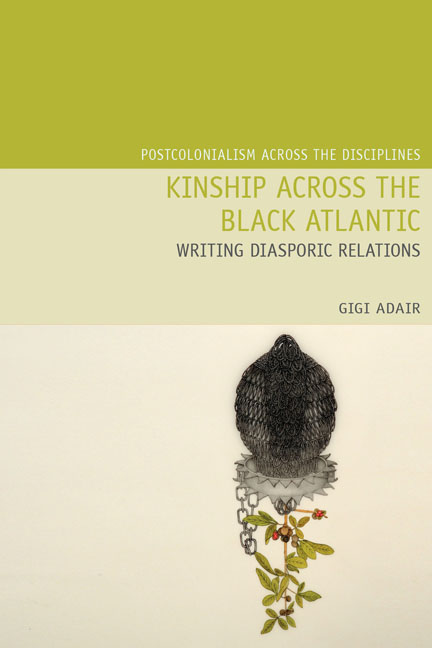5 - Queer creolization in Patrick Chamoiseau's Texaco
Summary
Texaco offers an engagement with many of the themes to be found in Levy's The Long Song and Brand's At the Full and Change of the Moon, including questions of post- or decolonial historiography and the place of narration and storytelling amidst the weight of colonial history, although its somewhat different reworking of these debates is influenced by its setting on Martinique, a department of France rather than an independent postcolonial nation-state, like the Jamaica which Levy's novel looks forward to. While Levy's novel imagines the bourgeois heterosexual family as the fundament of the postcolonial nation, and Brand's novel gestures towards, but does not explicitly imagine alternative forms of diasporic and postcolonial community, in Chamoiseau's text the tussle with historiography—its ‘ability to unravel their History into our thousand stories’—is centrally connected to its project of imagining a form of creolized community as an alternative to the ongoing racism and neocolonialism of its troubled relationship to France. This creolized community and subjectivity, I suggest, rests upon a partial and ambivalent, yet crucial sidestepping of the logics of biological kinship and genealogical lineage, in order to subvert Martinique's oft invoked ties to the ‘so-good mother France’ (101) [‘la si bonne mère France’].
he novel can be understood as a fictional exploration of many ideas from the work of Édouard Glissant, particularly as expressed in his Poetics of Relation. The debt to Glissant is made very clear: Glissant provides one of the epigraphs of the novel and the epigraph of its epilogue, the opening timeline is adapted from Glissant's Caribbean Discourse, and Glissant's writing is invoked by one of the characters as a model for an open and transformational poetics that would enable, rather than immobilize, becoming. Glissant’s concepts—of marronage, for example, and Caribbean historiography—are referenced more or less explicitly throughout the text. I wish to focus on another Glissantian influence in Texaco—one that is explored and partly problematized in the novel—that has received no attention in readings of Chamoiseau's novel and, more surprisingly, very little attention in Glissant scholarship: Glissant's theorization of black Atlantic—that is, postslavery— kinship and its relationship to diaspora and creolization.
- Type
- Chapter
- Information
- Kinship Across the Black AtlanticWriting Diasporic Relations, pp. 131 - 150Publisher: Liverpool University PressPrint publication year: 2019



